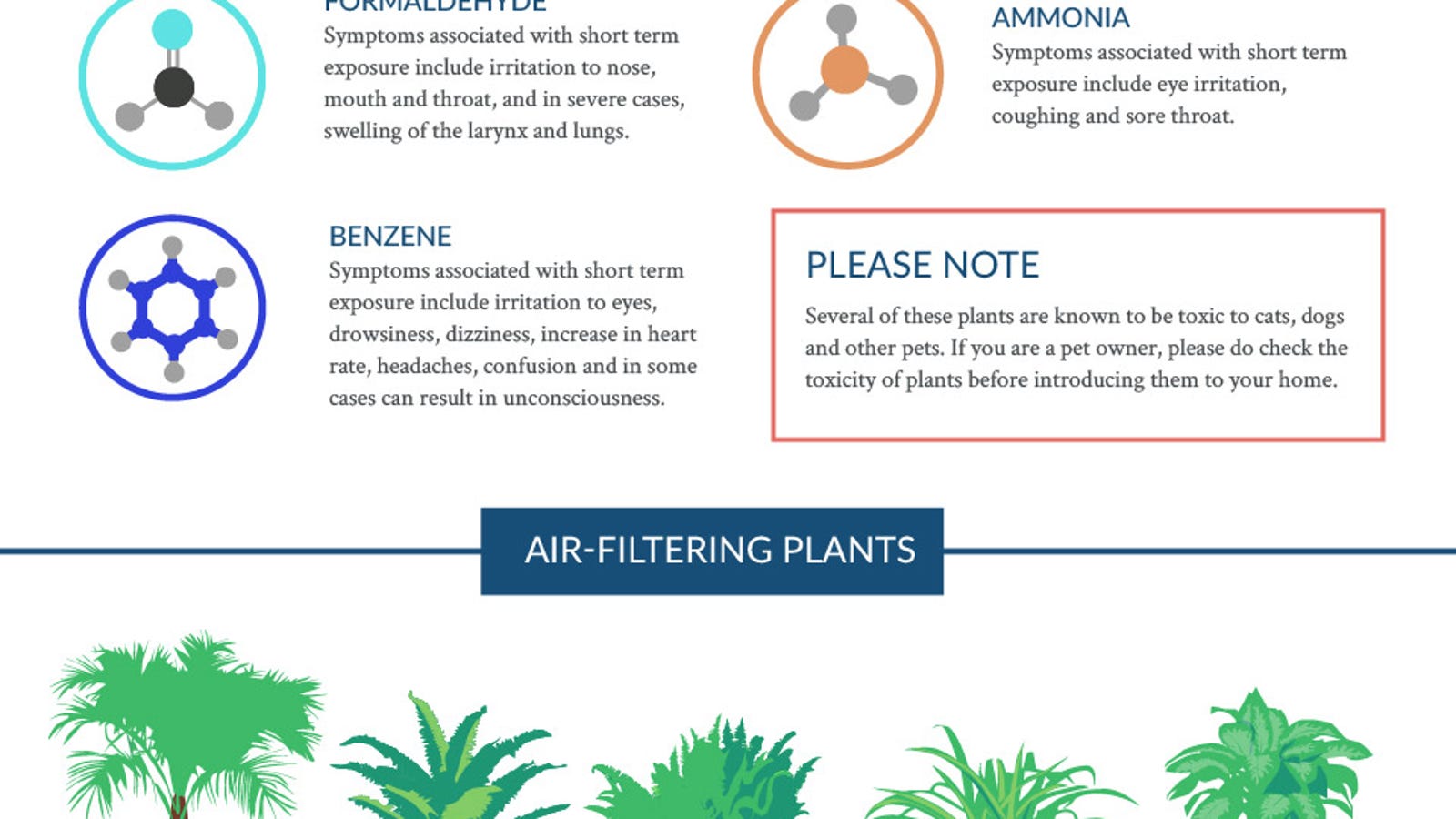Exploring The Ecological Benefits Of Heat Pumps - A Sustainable Heating Option
Exploring The Ecological Benefits Of Heat Pumps - A Sustainable Heating Option
Blog Article
Content Produce By-Barry Zhou
In a period where sustainability and energy effectiveness are paramount, many services seek eco-friendly heating options. One such option is the heatpump.
A heat pump removes the warm in its surroundings and pumps it into your home, causing among one of the most effective environment-friendly central furnace around. This procedure also generates no greenhouse gas discharges, making it a highly sustainable innovation.
Power Performance
Heat pumps are very energy effective and require little upkeep. They make use of much less electricity than various other heating unit and are by far the most environmentally friendly. They work well with roof solar and can frequently pay for themselves in energy savings alone.
They can additionally offer air conditioning, which is excellent for garage workshops, attic room hangouts and bonus offer spaces, and home additions without expanding the existing ductwork. They can even be used for retrofits in existing homes with hydronic (water-based) distribution systems such as reduced temperature radiators or radiant floorings.
Look for designs with SEER and HSPF rankings that meet or go beyond copyright's minimum criteria, in addition to the standards in your region. Higher rankings mean greater efficiency, which saves you cash in the future and lowers your carbon impact. You could even get approved for refunds and rewards! The best devices are those with a ground warmth exchanger for included efficiency. These units can soak up thermal power from the ground throughout the winter season and extract it in the summer.
Minimized Greenhouse Gas Emissions
Heatpump operate on electrical energy and essentially move heat from the air, even when it's cold outside. They have the ability to extract the totally free heat trapped in air bits and move them inside your home, minimizing humidity while doing so.
Compared to gas heating systems, modern-day heat pumps make use of less than one kilowatt of electricity per kilowatt of home heating power they generate. This makes them one of the most power efficient home heating choice offered with a POLICE (Coefficient of Performance) of 4 or even more. By reducing the demand for fossil fuels, heatpump help in reducing greenhouse gas emissions and reduce other significant air pollutants.
Building decarbonization is a global vital, and the heating and cooling sector is a vital vehicle driver of that process. Whether it's investor making net absolutely no commitments, plan manufacturers establishing exhausts limitations, or tenants requiring greener rooms, electrical heat pumps are being recognized as a necessary solution. simply click the following article are a cost-efficient means to reduce carbon emissions by getting rid of the requirement for fossil fuels in buildings.
Flexibility
Heat pumps can be used in lots of kinds of homes and buildings-- with or without ducts. They collaborate with hot-water radiators, air-conditioning and programmable thermostats. They can replace heating systems or be installed in brand-new homes. They can run on solar panels, geothermal systems and even area heating sources like wastewater.
They're terrific at supplying more warmth per power system. As an example, an air-source heatpump generates approximately three or even more home heating devices from each electrical power system it takes in.
Getting one of the most from your heat pump will certainly rely on your climate area and top quality of insulation. Seek models with power celebrity ratings and contrast their SEER or HSPF specifications. In warmer climates, concentrate on SEER; in colder areas, take into consideration a system with a greater HSPF rating. In addition, invest in air securing and insulation to reduce the tons on your heatpump. That will certainly enhance energy effectiveness and help you reach your Internet Zero goals quicker.
cost of heat pump installation use timber pellets, chips or logs to create warm and warm water. They are an excellent choice for off-grid residential properties or those that wish to leave the gas grid.
As a standalone heating system, biomass can offer adequate energy to maintain your home cozy throughout the year without the common heat drop off of other renewable technologies. They can additionally be used in conjunction with solar panels to maximise financial savings and gain from RHI payments.
A disadvantage of these systems is the upfront price and regular fuel shipments. Typically, pellets will certainly need to be blown right into a gas store using a vacuum system or they can be manually fed right into the boiler with a hopper. Logs are normally self-sourced from nearby timberland or purchased wholesale. In addition to this, they need hand-operated loading and may require cleansing on a regular basis.